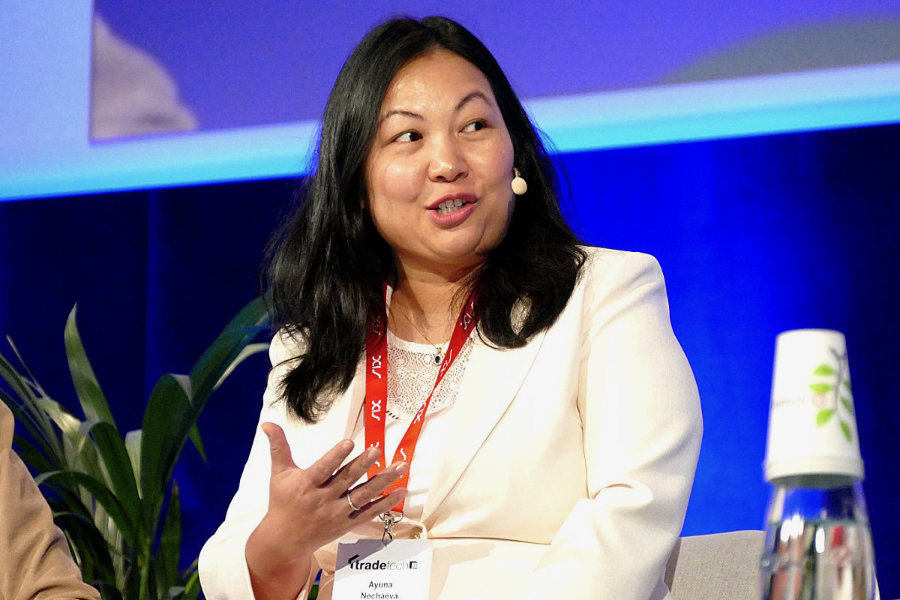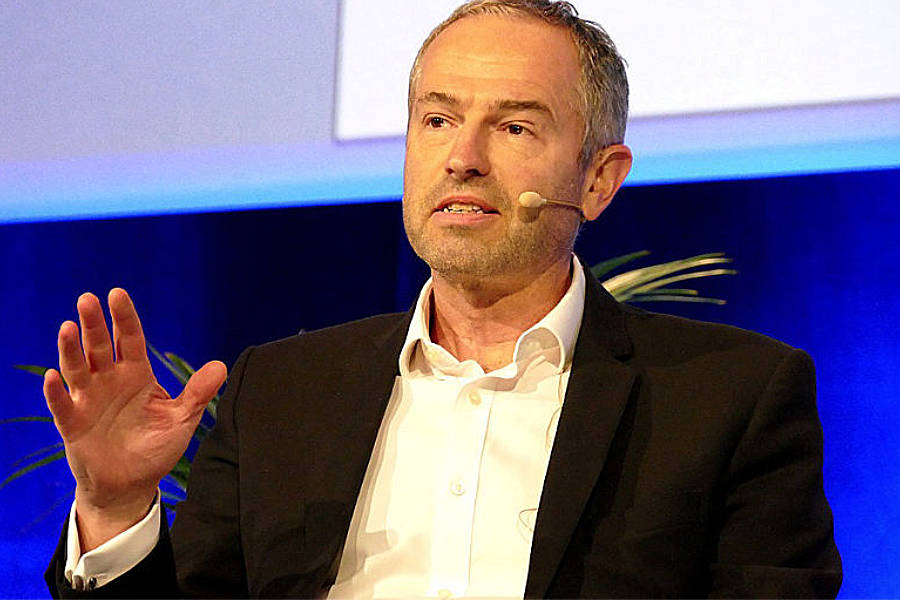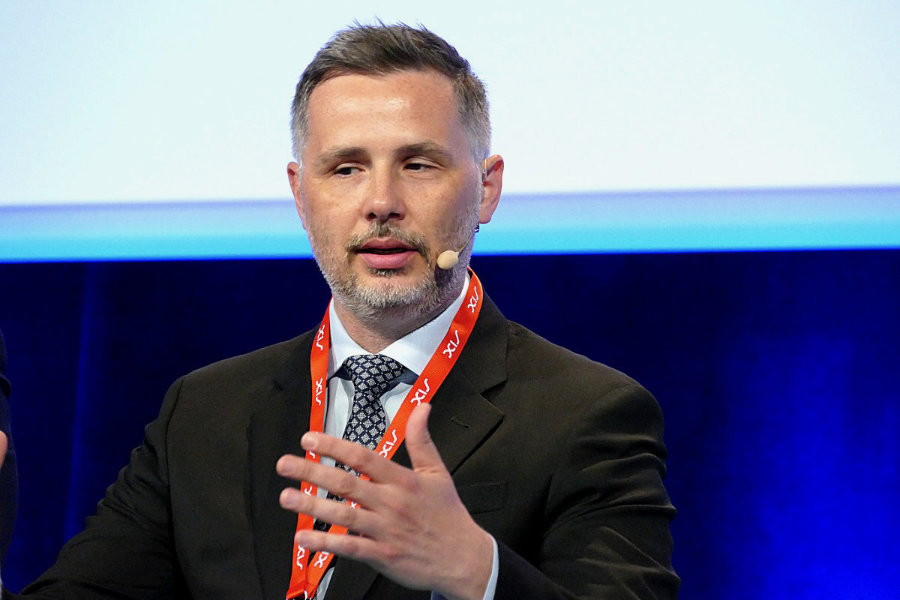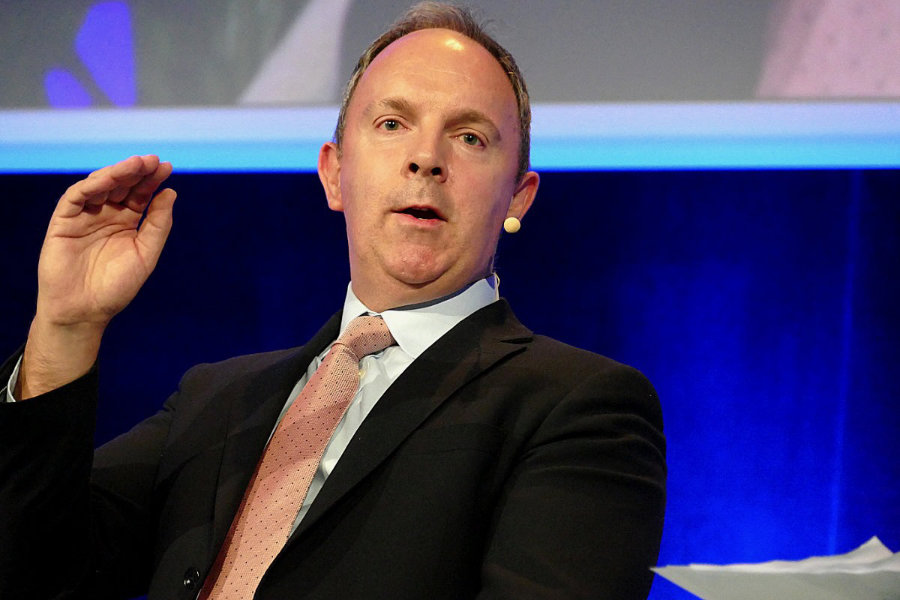European IPOs and engagement with EU and UK public markets have floundered in recent years. However, unpredictability in the US and the purported end of US exceptionalism have left many keen to rebalance their investments – providing an opportunity for Europe to claw its way back onto the world stage.

A common buyside view is that public listings are unattractive. “European companies want to stay private because when they go public, their valuations go down,” said Muriel Faure, chair of the Technological Innovations Commission at French buy-side body Association Francaise de la Gestions d’Actifs (AFG). Venture capital and private equity firms are able to offer appealing liquidity and funding to companies, which disappears when they IPO.

A recent report from New Financial and HSBC referenced by panellists observed that more than US$1 trillion was lost from public markets in the last decade as companies were bought up by privately held or private equity firms.
Bjorn Sibbern, CEO of SIX Group, dismissed fears that European IPOs are being lost to the US – observing that the two largest IPOs of 2024 were listed on Swiss and Spanish exchanges.
READ MORE: Firms ditch European listings for private ownership

The London Stock Exchange’s Ayuna Nechaeva, head of Europe primary markets, countered the idea that firms are disadvantaged when they go public in the UK and Europe. “Firms go public to gain access to ongoing liquidity and continue their capital raising,” she commented.
The role of retail investors in driving IPO engagement was according to Sibbern, citing his previous role at Nasdaq Nordics. “Retail investors need to be part of the listing process because then you get a flywheel effect. That’s what we learned in Sweden,” he said, which has seen IPO growth over recent years.
Nechaeva commented that investor participation should be encouraged at the point of IPOs. Changes to the listing act in the UK are driving interest in IPOs, she added, and highlighted the PISCES initiative – which allows firms to intermittently access public capital.
PISCES was also referenced by Jon Relleen, director of infrastructure and exchanges, supervision, policy and competition for markets at the Financial Conduct Authority, along with other UK initiatives to draw companies back to UK public markets.

“We need to be careful that we’re not overly negative. London and the UK are really thriving in many asset classes, particularly fixed income,” he commented. “We’ve had lots of reviews on this, and it’s a big focus with the current government. We’ve changed the listing rules, and we’re reforming the prospectus regime. The EU is doing something similar. We’re listening to market participants about where they see frictions and working to reduce that.”
He was careful to add that private markets do have a role to play in the market. “We don’t want to see it as a competition between public and private markets,” he noted. “Ultimately, we care about the ability for companies in a real economy to raise capital, to drive growth and innovation. Companies should face different options in how to go public.”

Simon McQuoid-Mason, head of equity product and quant research at SIX Swiss Exchange, added that Europe has a number of selling points for companies wanting to go public. “The diversity of the region brings new ideas,” he commented. “There’s decentralised capital, as a contrast to the concentration in the US. The challenge is pulling together and providing access to that capital pool.”

“We need more razzmatazz in Europe,” said Simon Gallagher, CEO of Euronext London and head of global sales. “We’re stuck in a doom loop at the moment with the slow pace of IPOs.” Just how to bring the sparkle back to public markets will take a combination of regulatory, structural and mindset adjustments, panellists agreed.
On further incentivising IPOs, Faure floated the idea of digital IPO platforms and tokenised IPOs to make it easier for companies to go public. On a regulatory basis, “there is an opportunity to make the process simple and quick”, she said. “Europe needs to work towards having less CSD and exchange fragmentation, more interoperability, and a change of mindset.”

